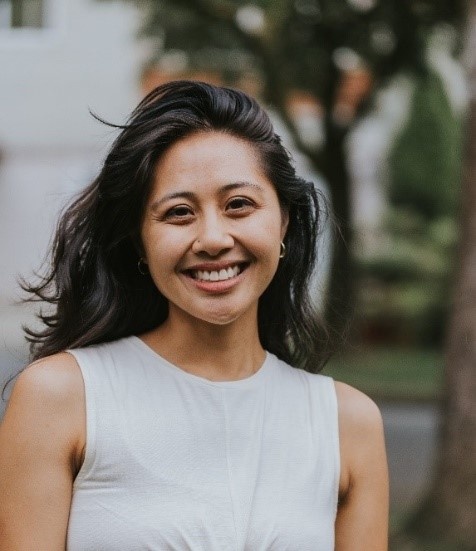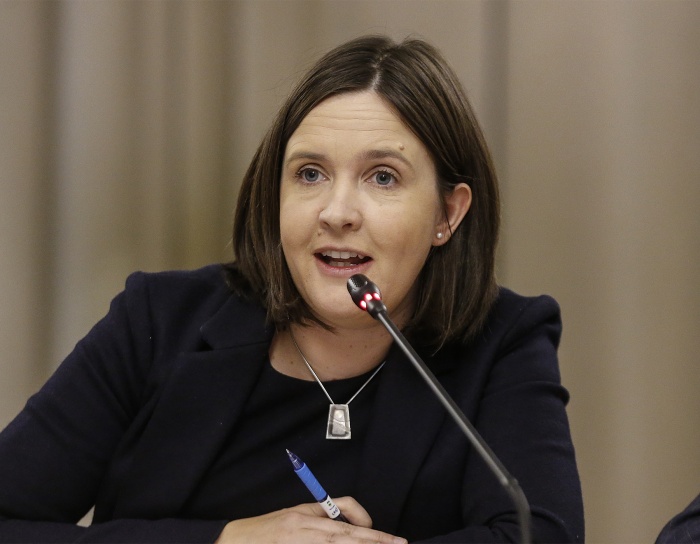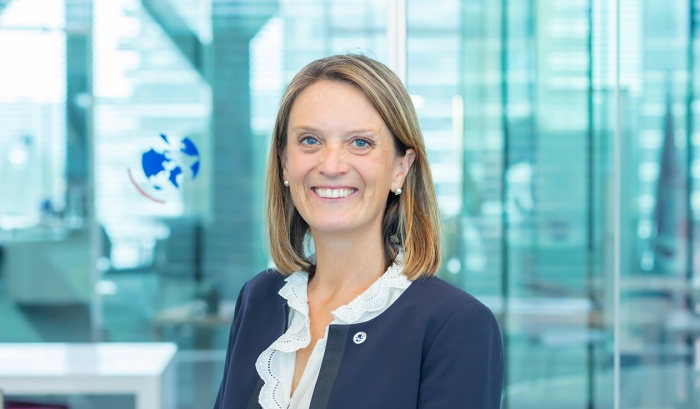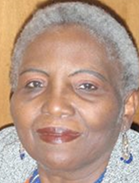Gender & Inclusive Security
Inequalities and polarisation within and between nations have been growing in recent years, undermining trust and our collective sense of security. Our objective is to create spaces to increase understanding and bridge divides, to develop the mindsets and skills for more effective decision-making, and to produce policy-relevant insights. A gender and inclusivity lens allows us to better understand differences which impact identities, values and perspectives as well as the political, economic and cultural dimensions of security.
Through our courses, dialogue events and policy analysis, we bring together our multi-disciplinary network of experts with participants globally, and endeavour to make sense of the complex dynamics shaping our security environment. In line with our values of inclusivity, impartiality and independence, we continuously work to facilitate safe and brave spaces for courageous conversations, so that we can co-create solutions together.
Working closely with the Geneva Leadership Alliance, we offer open-enrolment and customised courses for all leaders to develop their mindsets, skillsets and toolsets to lead more inclusively, and, in recognition of the continued barriers to women’s participation in decision-making, have developed an ‘Inspiring Women Leaders’ series of courses. We have supported professionals working in organisations, governments and in the private sector across the world and developed customised courses for the United Nations (UN), European Union (EU), Kofi Annan International Peacekeeping Training Centre (KAIPTC), the North Atlantic Treaty Alliance (NATO) and regional women mediator’s networks. Over 500 women have benefited from the knowledge and networks we offer, including tools such as our Mentoring Guide, which enable us to scale impact. Many of our courses integrate ‘Polarity Thinking and Mapping’, developed by Barry Johnson, one of our most high-valued tools to lead in a polarised and interdependent world.
Our annual online seminar on Power, Equity and Inclusion is open to our whole community and seeks to explore challenging issues such as decolonisation and localisation, that are well-analysed but hard to achieve in practice. Our numerous policy analyses, long and short, examine many aspects of gender and inclusive security, often integrating a leadership lens. Examples include the successful peace process in Mozambique and an analysis of the Women Peace and Security Agenda.
In recognition of the systemic leadership which is required to achieve the structural and social shifts towards more equitable outcomes, the GCSP has been part of the International Gender Champions (IGC) (www.genderchampions.com) since 2015 and hosted the IGC Secretariat since 2019. The network brings together over 340 leaders of missions, international organisations and civil society in six multilateral hubs, each making personal commitments to advance gender equality. In 2023, Ambassador Thomas Greminger joined other Champions to form an IGC Impact Group to enhance prioritisation and coherence of the WPS Agenda in Geneva, with a focus on human rights.
Latest Analysis
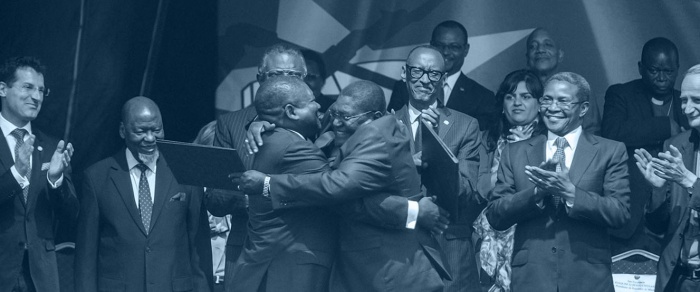
- Tackling the Development and Security Paradox through Equity and Inclusion
- Why Focus on Inclusion and How is it Connected to Security?
- Inclusion through Empowerment A key tool of human security
- Developing an Inclusive Mindset: The Power of Connection and Difference
- Bridging the Gaps: Applying a Gender Lens
- The Women, Peace and Security Agenda: A Journey towards Inclusive Security
- Domestic Violence: A Public Security Priority
- Peace and Security: with and for Youth
- October 2024: Breaking Open Barriers: Frontiers for Gender Equality
- February 2024: Prioritising Women, Peace and Security: Gender Persecution as a Crime against Humanity
- May 2023: Doing Things Differently: Mediating in Mozambique
- August 2019: Women of Mosul
- November 2019: Security and Ethical Implications of Deepfakes
- June 2018: On 14 June, the GCSP together with many partners brought SEVEN to Geneva and UNOG


